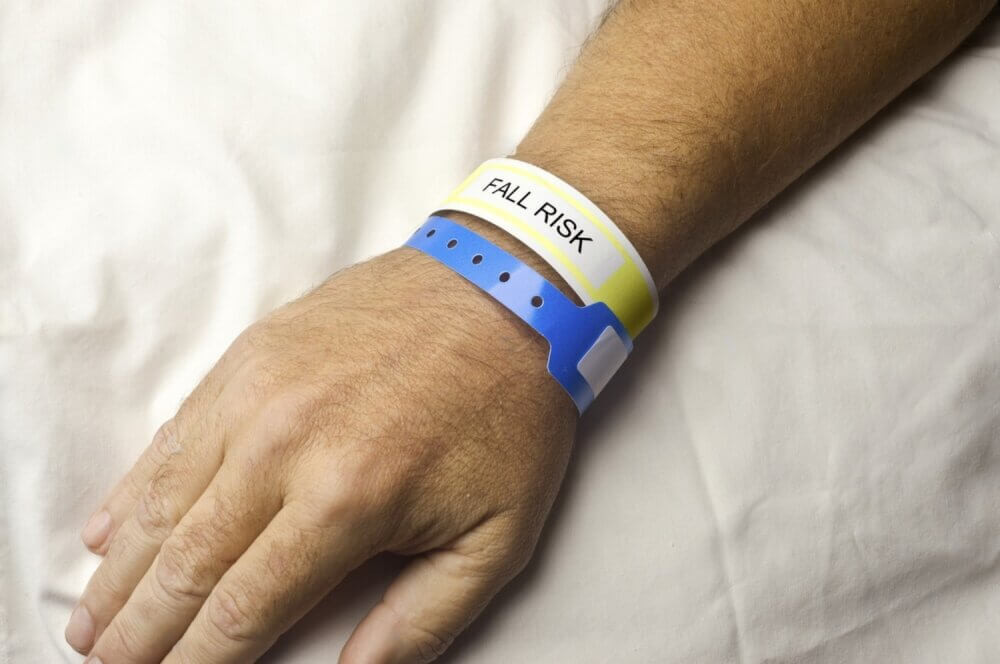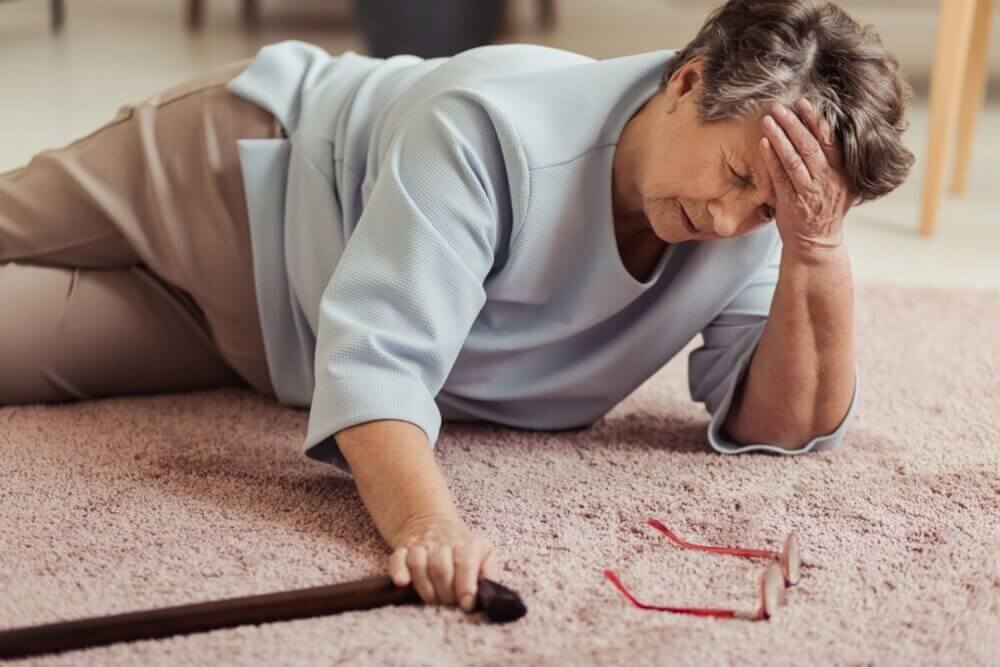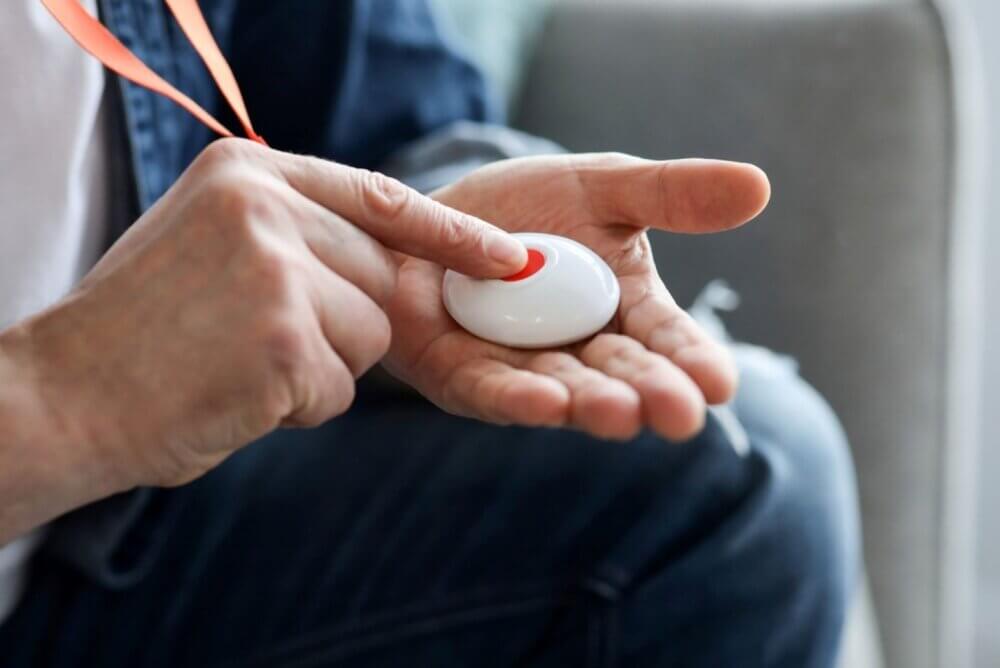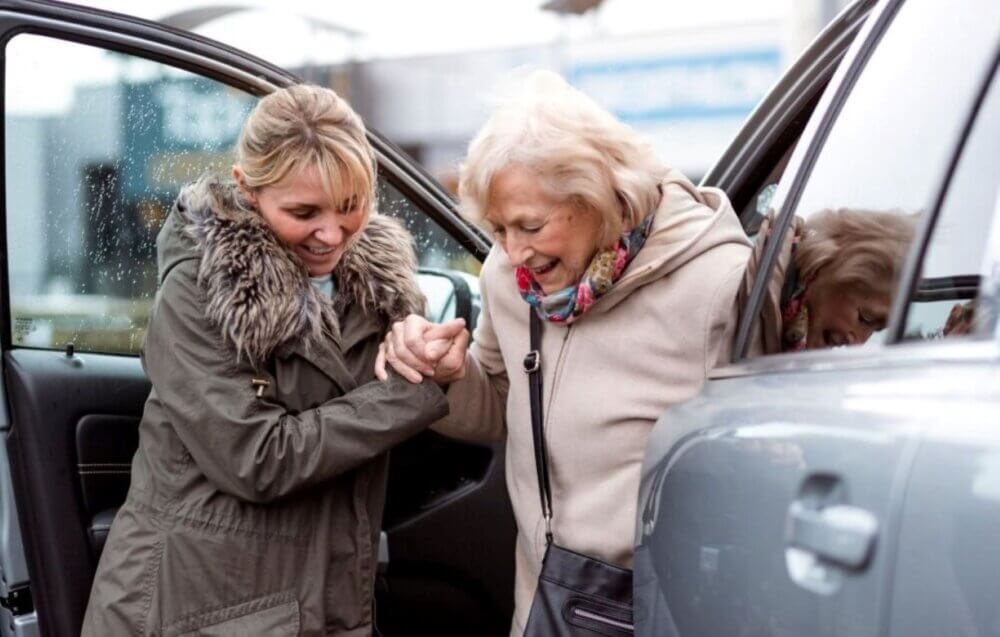Should you consider a falls monitor?
Things to consider when weighing your options to keep you or your aging loved one safe in their own home

Why you should consider a falls monitor
Falls are one of the most common causes of injury and hospitalization among elderly people. According to the NHS, more than one in three people aged 65 or over will have at least one fall a year, and some will have more. Falls can result in fractures, head injuries, bruises and loss of confidence. They can also affect the quality of life and independence of elderly people.
Fortunately, there is a way to reduce the risk of serious harm from falls: using a fall sensor. A fall sensor is a device that can detect when an elderly person has fallen and automatically alert someone for help. In this blog post, we will discuss the benefits of having a fall sensor for elderly people and how it can improve their safety and well-being.

What is a falls sensor
A fall sensor is a wearable device that can be worn around the neck or wrist or attached to clothing or keyring. It uses advanced technology to sense changes in movement, orientation and impact that indicate a fall has occurred. Some fall sensors also have GPS tracking features that can locate where the person has fallen.
When a fall is detected, the device will send an alarm signal to either a monitoring centre or a family member’s phone or pager. The person who receives the alarm can then speak to the elderly person through the device’s built-in speaker and microphone or through a base unit at home and assess their situation. If necessary, they can call for emergency services or arrange for someone to check on them.

The benefits of having a fall sensor
Having a fall sensor can provide many benefits for elderly people and their loved ones, such as:
– Quicker access to medical attention: Getting help as soon as possible after a fall can make a big difference in preventing complications and speeding up recovery. A fall sensor can ensure that someone is notified immediately when an elderly person falls and that they get the appropriate care they need.
– Increased safety and security: A fall sensor can give elderly people more confidence and peace of mind when they are at home or outside. They know that if they have an accident, someone will be alerted and ready to help them. They also don’t have to worry about remembering phone numbers or reaching for an emergency button.
– Enhanced independence and quality of life: A fall sensor can allow elderly people to maintain their independence and enjoy their daily activities without fear of falling. They can stay active, socialize with friends and family, go shopping or take walks knowing that they have backup if something goes wrong.
– Reduced stress and anxiety for family members: A fall sensor can also reassure family members who are concerned about their elderly relatives’ safety. They don’t have to constantly check on them or worry about missing their calls if they have fallen. They can also monitor their location if they have GPS tracking features.

There are different types of fall sensors available on the market with different features and prices. Some factors to consider when choosing a fall sensor are:
– The range of coverage: Some devices only work within the home and garden while others work anywhere in the UK with mobile network coverage.
– The battery life: Some devices need regular charging while others have long-lasting batteries that only need replacing once every few years.
– The ease of use: Some devices are simple to set up and operate while others may require more technical skills or assistance.
– The customer service: Some providers offer 24/7 support, installation service, warranty service and free trials while others may charge extra fees or have limited availability.